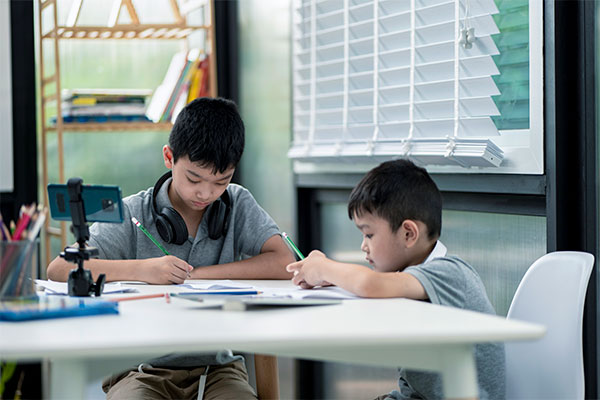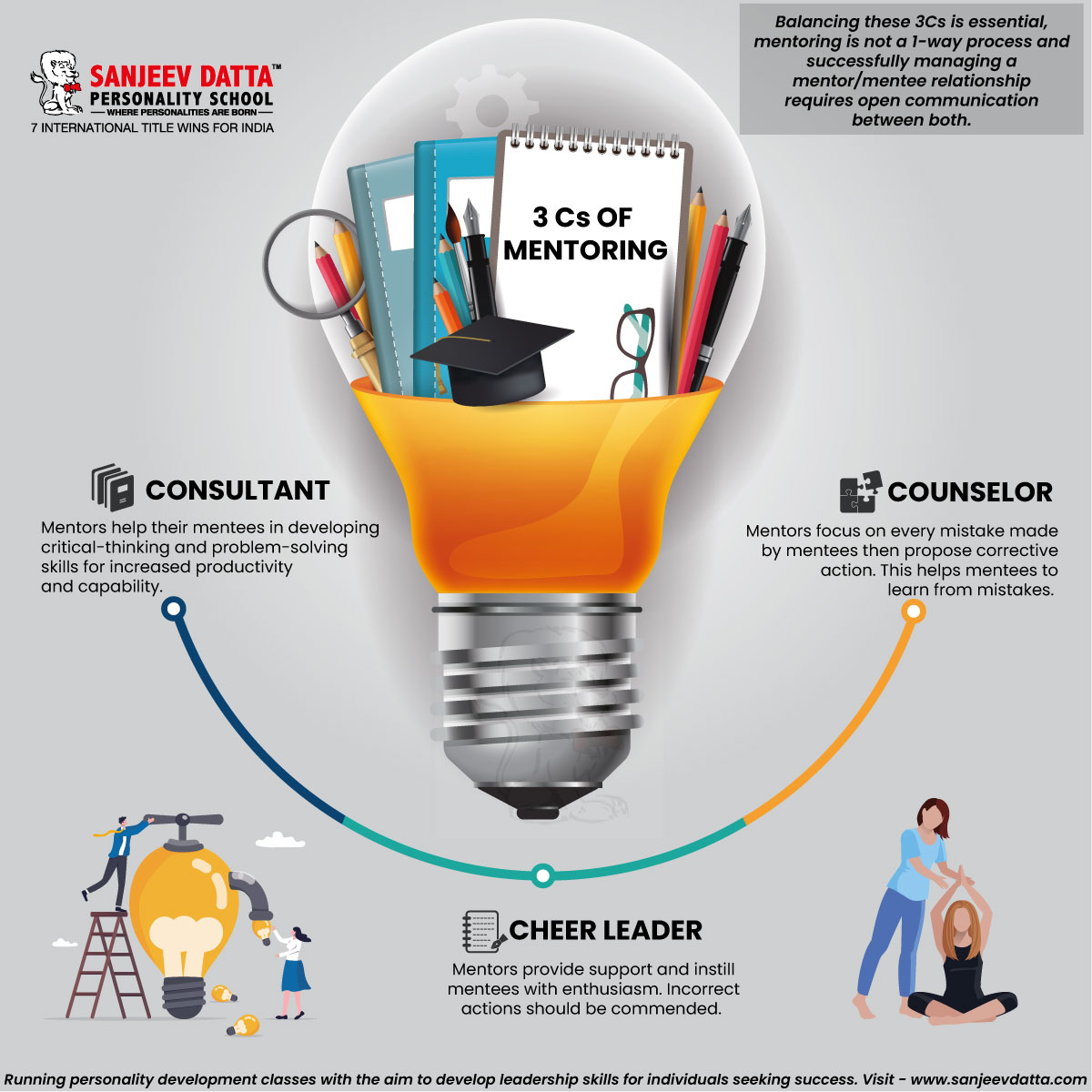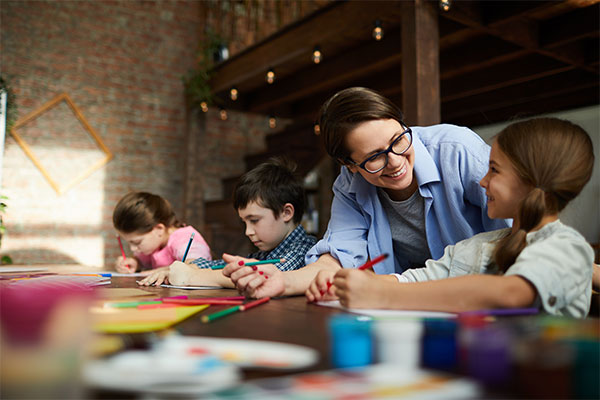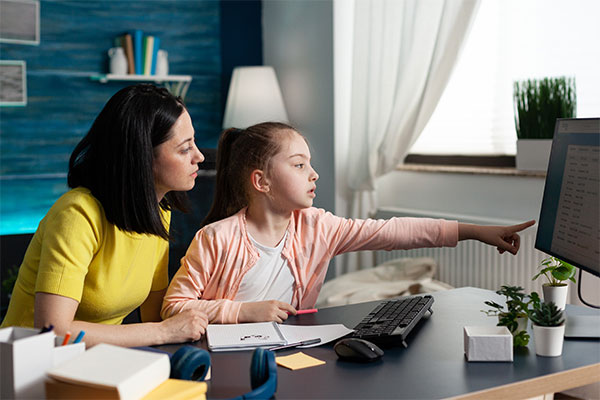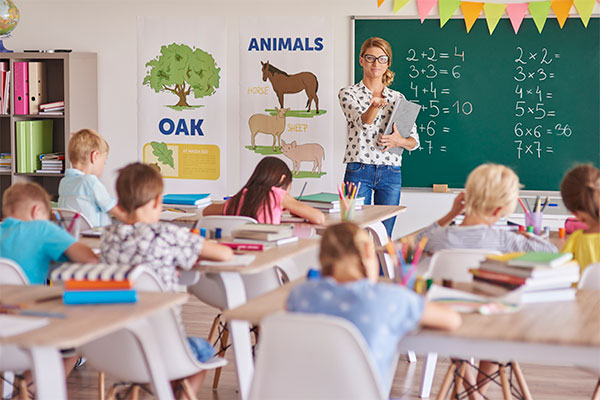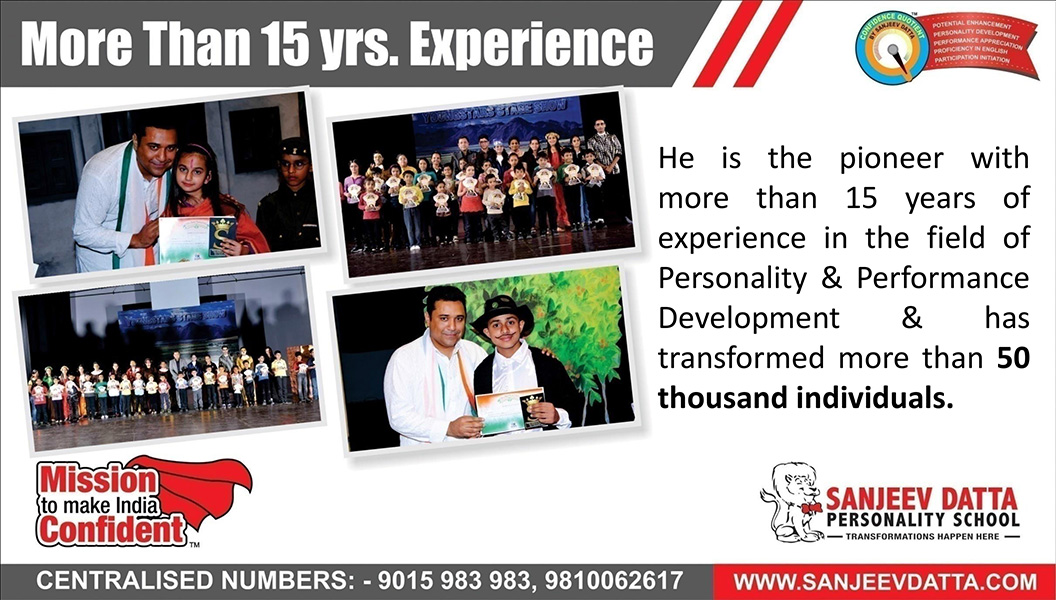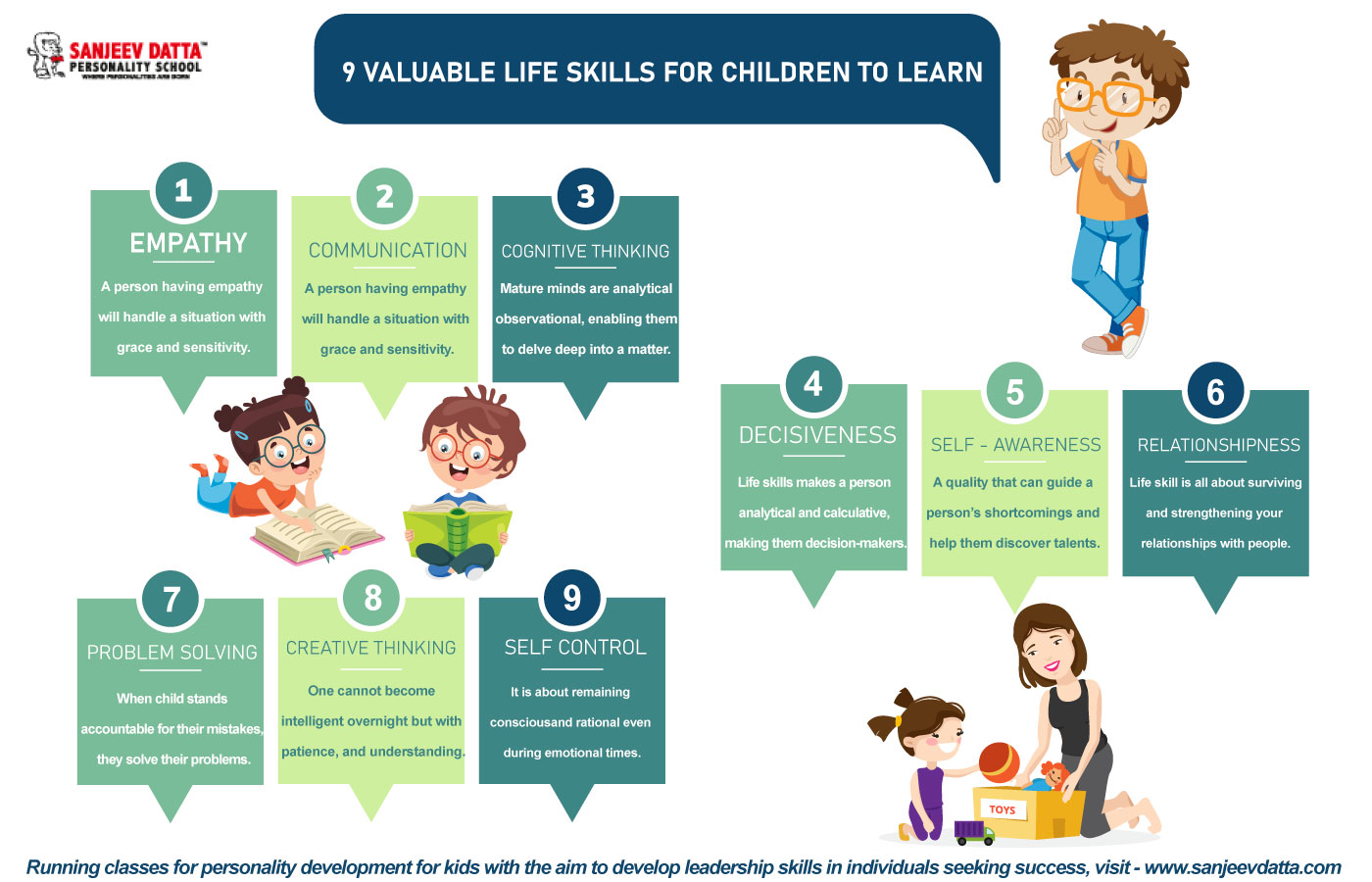You will confront fewer problems in life if you have received an education. Individuals will be able to achieve better job and personal growth prospects as they gain more knowledge. In the twenty-first century’s professional environment, education has played a critical role. Education is categorized into three types: formal, informal, and non-formal. Formal education is an organized educational system that extends from primary (and in some countries, nursery) school to university, and includes specialized vocational, technical, and professional training programs. Recognition and certification are common outcomes of formal education. On the other hand, Informal education is a lifetime learning process in which each individual learns attitudes, values, skills, and information through educational influences and resources in his or her environment, as well as from everyday experience. The common role of formal and informal education includes never stopping providing knowledge.
Discussing Role of Formal and Informal Education:
-
Formal Education provides Adequate Knowledge via Books:
Formal education is an education that takes place in a school environment, its role is to provide adequate knowledge via books, schedules, and curriculum. It focuses on enhancing one’s qualification and increasing his skillsets and abilities which help him succeed in the market. Acquiring formal education makes one job-ready. It is the most basic knowledge education that is acquired by every individual from a very young age. It is professional and direct education whose role is to produce more professionals by providing them with adequate knowledge and skills, it ensures proper scheduling of the curriculum taught by professionals possessing degrees at a specific time.
Visit: role of teacher in education
-
Informal Education is more Practical:
Informal education is more practical than formal education; its role is to focus more on personality education than theoretical books. Individuals can learn to respond to and control various situations and environments through informal education. It aims at combining social entities which are essential for learning. Informal education helps develop social skills via experience. Informal education can be defined as the knowledge gained via participation in youth and community organizations. Formal and informal education settings can have advantages and disadvantages when it comes to pursuing a career route. Students can learn abilities like common sense, problem-solving, empathy, and more by combining the two types of teaching.
-
Formal Education focuses on Skilled Teachers:
Formal education is a structured hierarchy, it is intentional, a grading system where a professional teacher who is the best personality development mentor teach students in return for fees. Learning is easier due to the structured process. The primary goal is to make students learn via books, e class, and much more fun activities. The perks of formal education are learning by skilled teachers, getting ethical guidance, acquiring a credential degree after completion of the course.
Visit: virtual classroom etiquette for students
-
Informal Education focuses on Learners:
Informal education is learning that takes place outside of an organized curriculum or schedule. The objective of informal education is to look at a larger strategy, apart from normal education it helps gain social skills, social experiences. Informal education is free and less controlled as it does not have any particular calendar or schedule. The role of informal education is to provide lifelong education, informal learning never ends, it is cheap and more focused as the learner himself drives the situation. It is practical which helps in remembering it for a longer period, it’s more fun compared to formal education. Lastly, it promotes lateral thinking due to its spontaneousness, it is immediate and takes place spontaneously without any preplanning.
-
Formal Education is Future Oriented:
Formal education is future-oriented as it focuses on completing the course and getting a degree that will help one get a job. It provides you with personality development classes, which helps in providing good skills and abilities to succeed in the future. It is a goal-driven education. Schools, colleges, and universities are examples of formal education.
Visit: why theatre classes for kids
-
Informal education is Practical Education:
Informal education is responsive, people are free to act however they want in any given situation. It bridges the gap between theory and practical education by providing one with self-study, homeschooling, mentoring, watching online videos, and listening to podcasts are examples of informal learning.
Visit: importance of mentoring in education
The role of formal and informal education is obvious, they wish to provide knowledge by whichever means possible. Education is both learned and experienced, one focuses on the learning aspect and one focuses on the practical aspect. Both are equally important to be strong and successful in the future. By just having theoretical knowledge one won’t understand the social constructs, it is important to have practical experiences to survive in society too. While having just practical knowledge won’t get you a job opportunity you need theory to support your social skills too. Therefore they both depend on each other for one to succeed in life. To conclude, education is the key to success, acquiring knowledge by any means possible is necessary as it is only going to help you move forward, may it be formal or informal knowledge is essential to learn. Therefore the sole role of both education is knowledge itself and focusing on different aspects of knowledge.
We offer personality training to kids and teenagers:
- INTERVIEW SUCCESS TRAINING
- BODY LANGUAGE
- CHARACTER PRESENTATION
- SOCIAL BOLDNESS
- COMMUNICATION SKILLS
- VOICE AND SPEECH TRAINING
- PRESENTATION TRAINING
- DIALECT DICTION AND VOICE MODULATION
- ANGER MANAGEMENT
- PHONE ETIQUETTE
- PODIUM SPEECH TRAINING
- DEBATING BASICS
- LEADERSHIP
- DRESSING ETIQUETTE
- CAREER COUNSELLING
- STUDENT SUBJECT CHOICE COUNSELLING
- LISTENING SKILLS
- MEDITATION
- VIDEO PRESENTATION
For more details, contact us now!


